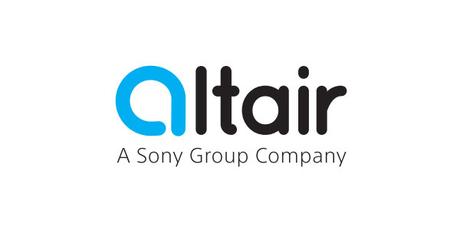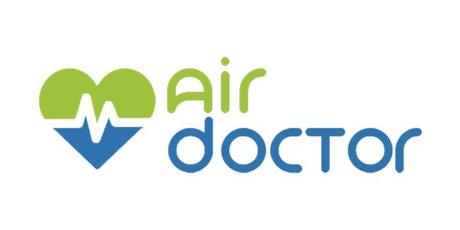Relying on technologies that deliver real-time data, insurance companies are tapping new revenue streams, even where there is no historical data. Devices are allowing for more accurate policies and competitive prices for traditional as well as emerging use cases.
Bringing new life and revenue opportunities into the insurance industry, the integration of new technologies is allowing insurance companies to serve more use cases by collecting real-time information from the companies and items they are insuring. This traditionally conservative industry is quickly adapting its offerings by issuing new policies in fields that lack historical data. Smart devices, mobile applications, and intuitive platforms are just a few of the tools delivering underwriters the information they need to confidently offer more competitive pricing and increase revenue streams.
One example of this is in the field of cybercrime. Insurance providers have recognized a massive untapped market for new policies in insuring against the losses caused by cyberattacks. Unlike life or home insurance, this new field is unexplored and lacks historical data. In order to perform due diligence, insurance providers may invest upwards of $100,000 to understand a company’s exposure. This makes sense for a $7 million policy, but what about a $20,000 policy?

Helping insurers to quickly analyze cyber risks, Sayata Labs has created a solution that makes obtaining a cybersecurity policy as convenient as a homeowner’s policy. Each company’s CTO answers an easy to understand questionnaire which is scored based on their practices, then weighed against industry standards. “Globally, companies lose an average of $2.9 Million per minute as a result of cybercrime,” says Zohar Rozenberg, Vice President of Cyber Investments at Elron and former head of the IDF’s cyber department. “By investing in companies like Sayata Labs, Elron & RDC ensure that new technologies can continue to revolutionize industries in a way that is secure and responsible.”

Using technology to generate real-time data rather than relying on historical data is not limited to cyber policies. Altair Semiconductor, a Sony Group Company, creates cellular IoT chipsets that are engineered for devices that prioritize battery life and small size. These devices are capable of giving insurance providers unprecedented insights, allowing for real-time assessment of short-term & long-term risk for homes, vehicles, and transported goods.
For example, devices with moisture-detecting sensors can alert insurance companies and homeowners when water is leaking in a policy holder’s basement. At the same time, a tracking device placed in a vehicle can notify an agent of a driver’s dangerous habits. Insurance companies can use the real-time data to prevent costly mishaps, or accurately assess a driver’s risk level based on their driving patterns, and charge premiums accordingly.
With tracking devices being made smaller than a matchbox, they easily fit on a shipping pallet or even in individual boxes, allowing companies to charge one rate while at sea and another when safely stored in a warehouse. “Cellular IoT connected devices should have a significant impact on the way insurance companies price their products and manage the assets that they are insuring,” said Dima Feldman, VP of Product Management & Marketing at Altair Semiconductor. “These new devices, which feature multiyear battery life, allow real-time insight without being intrusive, providing insurance companies with data that was once a calculated guess.”
One of Insurtech’s most significant industry shifts is taking place in the field of traveler medical care. 2018 saw 1.4 billion travelers touch down in new locations. Many of these travelers became ill and were directed by insurance companies to a local hospital ER. Besides being confusing and time-consuming, ER visits are the most costly and unpredictable options for insurance companies to pay.

Addressing this costly predicament, travel insurance companies are partnering with Air Doctor to tap their network of verified physicians and specialists around the globe who have agreed to a reasonable flat rate per visit. Relying on a user’s mobile phones instead of call centers, Air Doctor uses widely accessible technology to allow ill travelers to independently search for physicians and book an appointment without draining resources of insurance company staff. “With the recent advancements in modern connectivity, we are able to connect travelers with medical care professionals anywhere around the globe with our mobile application. Reducing costs for insurance providers by up to 75% per claim,” said Jenny Cohen Derfler, Founder & CEO of Air Doctor. “This insurer revenue stream would have been unimaginable just a number of years ago.”
Supporting an industry that keeps us covered, these three companies are giving new data streams to insurance providers and their underwriters, ushering a new era of insurance policies that are individualized to a company’s or person’s needs.
Image Source: https://www.flickr.com/photos/gotcredit/32943668613
